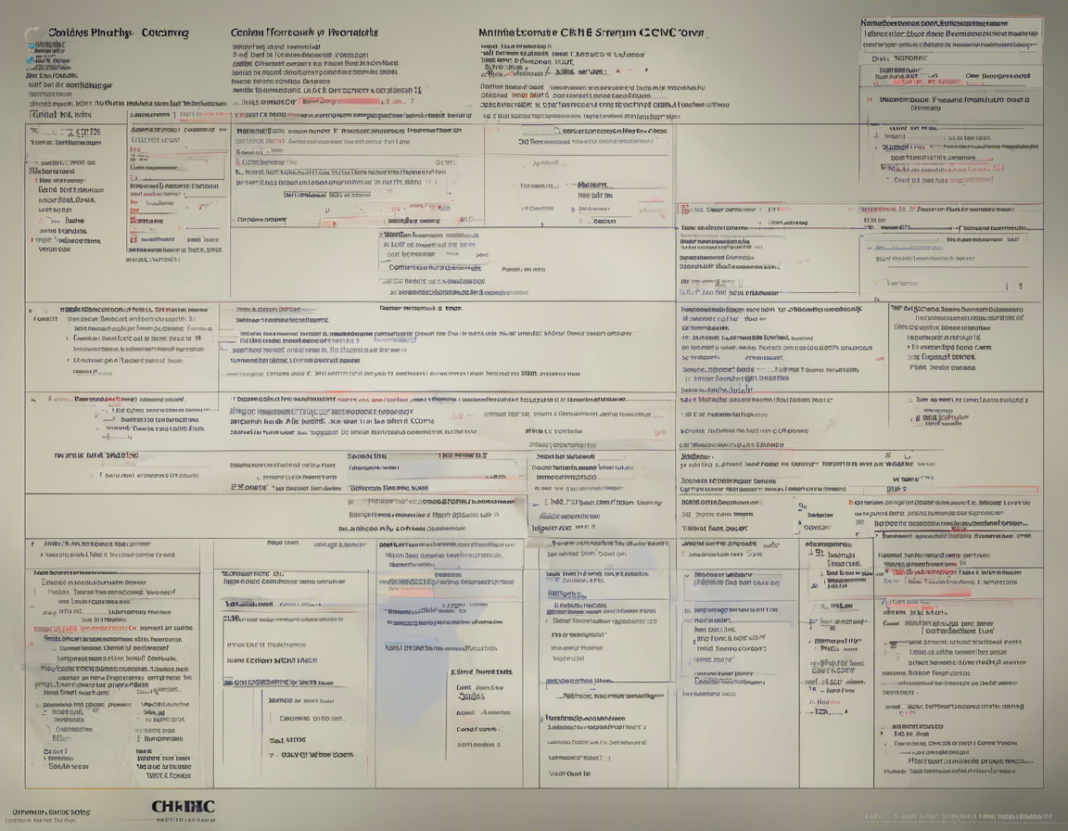In the vast world of healthcare, there are numerous acronyms and abbreviations that can be overwhelming for both professionals and patients. One such important abbreviation is CHC, which stands for Community Health Center. Community Health Centers play a crucial role in providing healthcare services to underserved populations, including low-income individuals, minorities, and rural communities. In this comprehensive guide, we will delve into the significance of CHCs, their key functions, benefits, and frequently asked questions related to Community Health Centers.
What is a Community Health Center?
Community Health Centers (CHCs) are non-profit, community-based healthcare organizations that provide comprehensive primary care and preventive services to populations in need. These centers aim to improve access to quality healthcare for individuals who face barriers to receiving medical services, such as lack of insurance, limited financial resources, language barriers, or geographic isolation. CHCs are typically located in medically underserved areas and serve as the safety net of the healthcare system, offering a wide range of services to promote wellness and disease prevention.
Key Features of Community Health Centers:
- Comprehensive Care: CHCs offer a range of services, including primary care, dental care, behavioral health services, pharmacy services, and preventive care.
- Sliding Fee Scale: CHCs use a sliding fee scale based on income to ensure that services are affordable for all patients, regardless of their financial situation.
- Culturally Competent Care: CHCs strive to provide culturally sensitive and language-appropriate care to meet the diverse needs of their communities.
- Patient-Centered Approach: CHCs focus on patient-centered care, emphasizing the importance of engaging patients in their healthcare decisions and addressing their unique needs.
Importance of Community Health Centers:
1. Enhancing Access to Care:
Community Health Centers play a vital role in improving access to healthcare services for vulnerable populations who may face barriers to obtaining medical care.
2. Promoting Preventive Care:
CHCs emphasize preventive care and wellness initiatives, helping to reduce the burden of chronic diseases and improve the overall health of the community.
3. Addressing Health Disparities:
By focusing on underserved populations, CHCs contribute to reducing health disparities and promoting health equity in society.
4. Cost-Effective Care:
CHCs offer cost-effective healthcare services, leading to overall savings in healthcare spending by preventing more costly emergency room visits and hospitalizations.
5. Community Engagement:
Community Health Centers actively engage with local communities to understand their unique healthcare needs and provide tailored services to meet those needs effectively.
Benefits of Community Health Centers:
-
Holistic Care: CHCs offer integrated and holistic care that addresses not just physical health but also mental, emotional, and social well-being.
-
Affordable Services: The sliding fee scale used by CHCs ensures that individuals with limited financial resources can access quality healthcare services at affordable rates.
-
Preventive Care: By focusing on preventive care and health education, CHCs help individuals maintain good health and prevent the onset of chronic conditions.
-
Care Coordination: CHCs facilitate care coordination among various healthcare providers, ensuring that patients receive comprehensive and seamless care.
-
Patient Empowerment: Community Health Centers empower patients to take an active role in managing their health by providing them with the information and support they need.
Frequently Asked Questions (FAQs) about Community Health Centers:
1. Are Community Health Centers only for low-income individuals?
No, while Community Health Centers prioritize serving underserved populations, they are open to everyone, regardless of their income level. The sliding fee scale ensures that services are affordable for all patients.
2. What services are offered at Community Health Centers?
Community Health Centers offer a wide range of services, including primary care, dental care, behavioral health services, pharmacy services, prenatal care, and preventive care.
3. Can I receive emergency care at a Community Health Center?
Community Health Centers are not equipped to provide emergency medical services. In case of a medical emergency, patients should seek care at the nearest emergency room or call 911.
4. How are Community Health Centers funded?
Community Health Centers receive funding from various sources, including federal grants, Medicaid, Medicare, private insurance, and patient fees. They also rely on donations and community support to sustain their operations.
5. Do I need health insurance to receive care at a Community Health Center?
No, individuals can receive care at a Community Health Center even if they do not have health insurance. The sliding fee scale ensures that services are accessible to all, regardless of insurance status.
6. Are Community Health Centers regulated by any governing body?
Yes, Community Health Centers are regulated by the Health Resources and Services Administration (HRSA), a federal agency that oversees the operation and quality of care provided by CHCs.
7. Can I choose my healthcare provider at a Community Health Center?
Patients at Community Health Centers can choose their primary care provider based on their preferences and needs. CHCs prioritize a patient-centered approach that emphasizes continuity of care.
8. Are Community Health Centers only located in urban areas?
While many Community Health Centers are located in urban areas, there are also CHCs serving rural communities and underserved regions. These centers play a crucial role in improving access to care in remote areas.
9. How can I support my local Community Health Center?
You can support your local Community Health Center by volunteering your time, donating funds or supplies, advocating for healthcare policies that support CHCs, and spreading awareness about the services they provide to the community.
In conclusion, Community Health Centers play an indispensable role in promoting health equity, enhancing access to care, and addressing the unique healthcare needs of underserved populations. By offering comprehensive, affordable, and patient-centered services, CHCs contribute to the overall well-being of individuals and communities. Understanding the significance of CHCs is essential for healthcare professionals, policymakers, and the general public to appreciate the value that these centers bring to the healthcare system.

